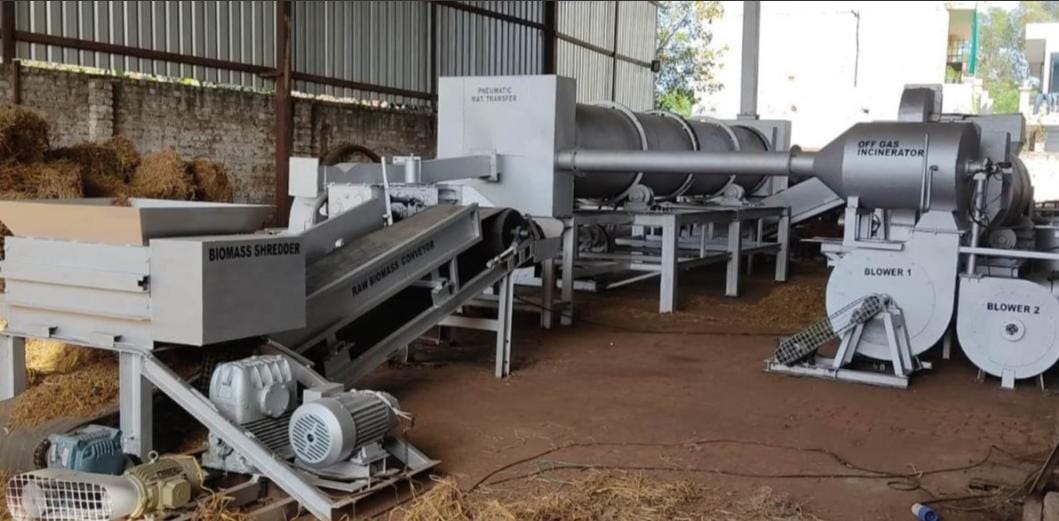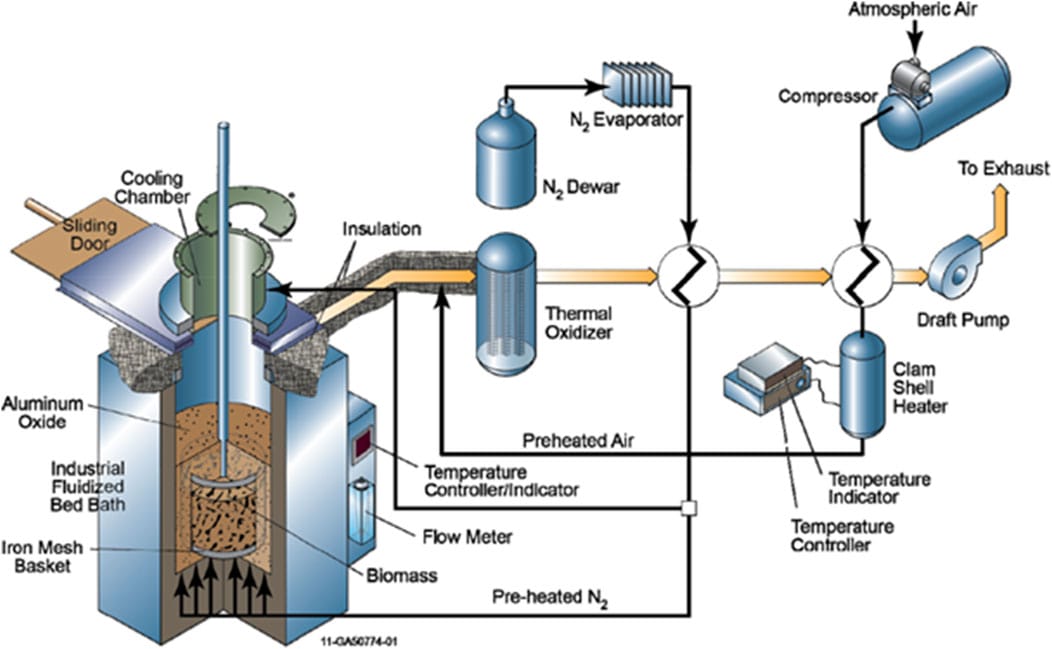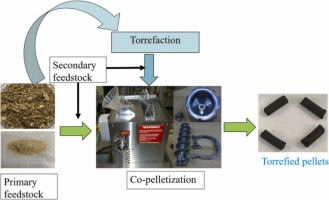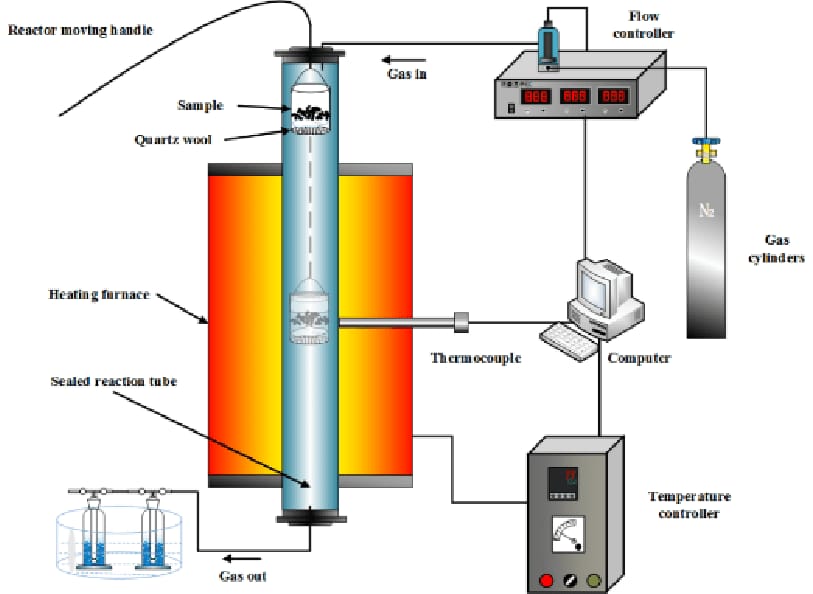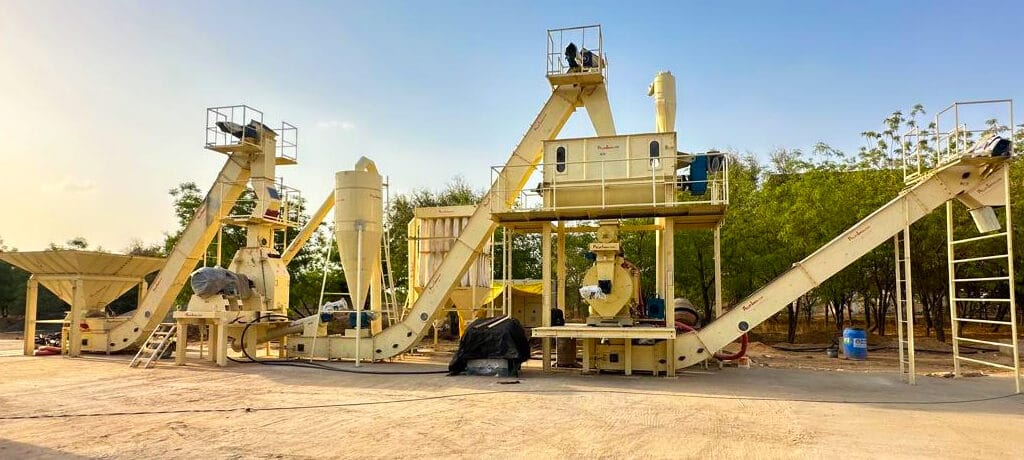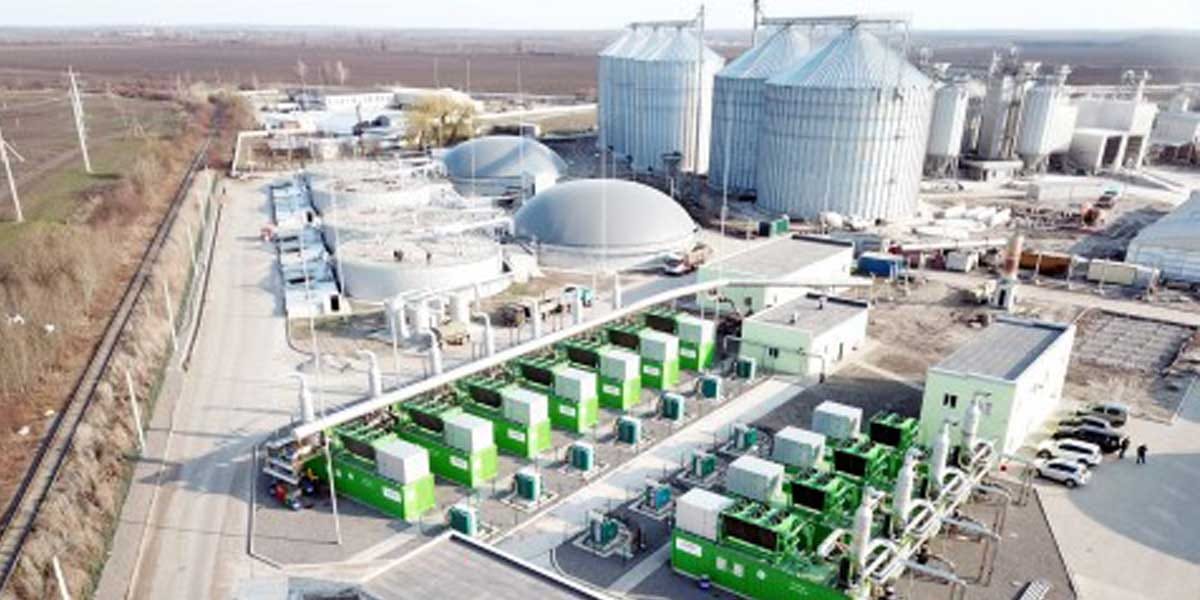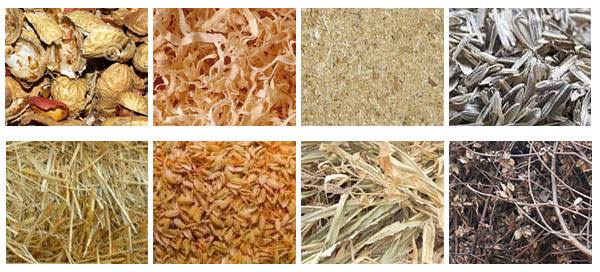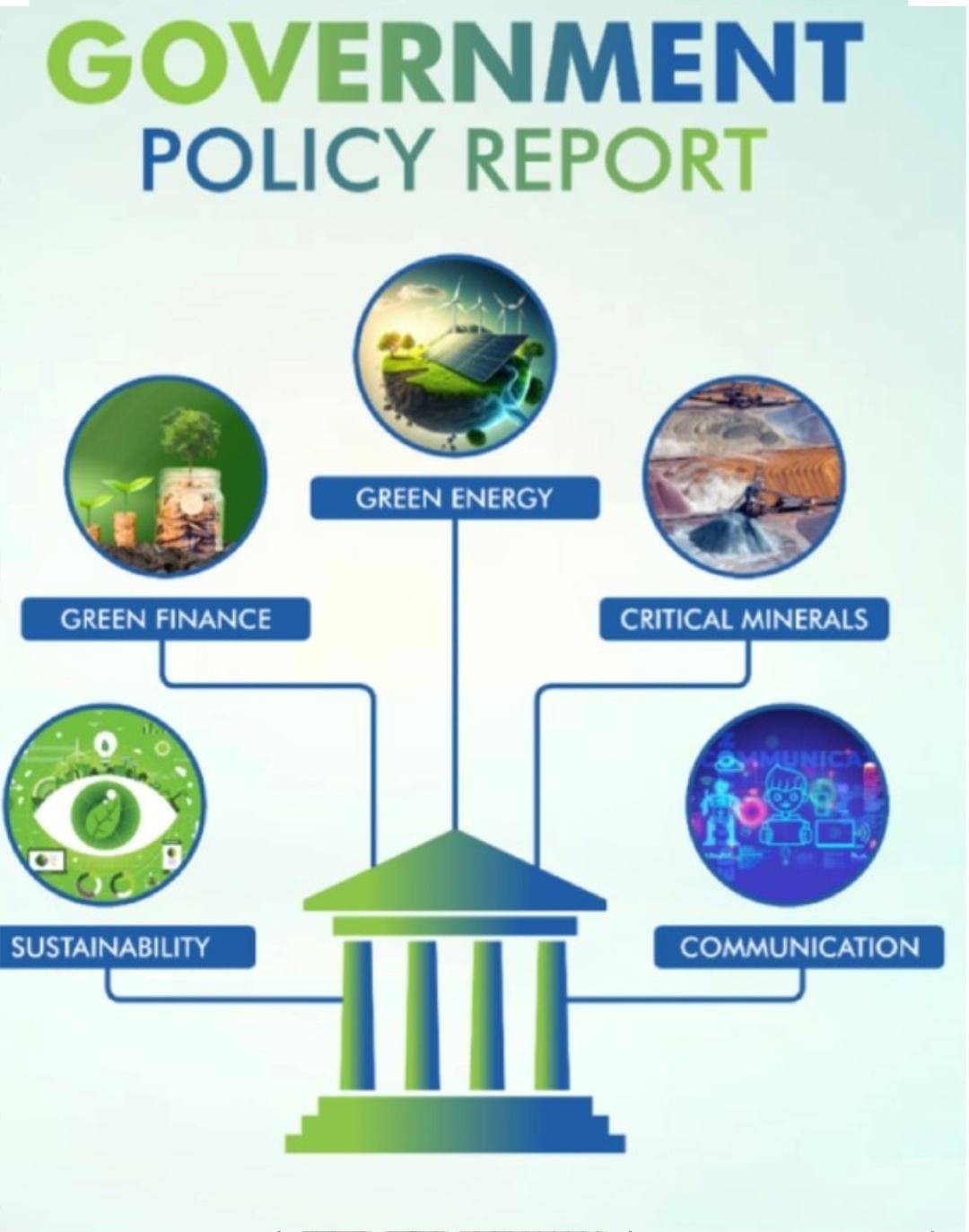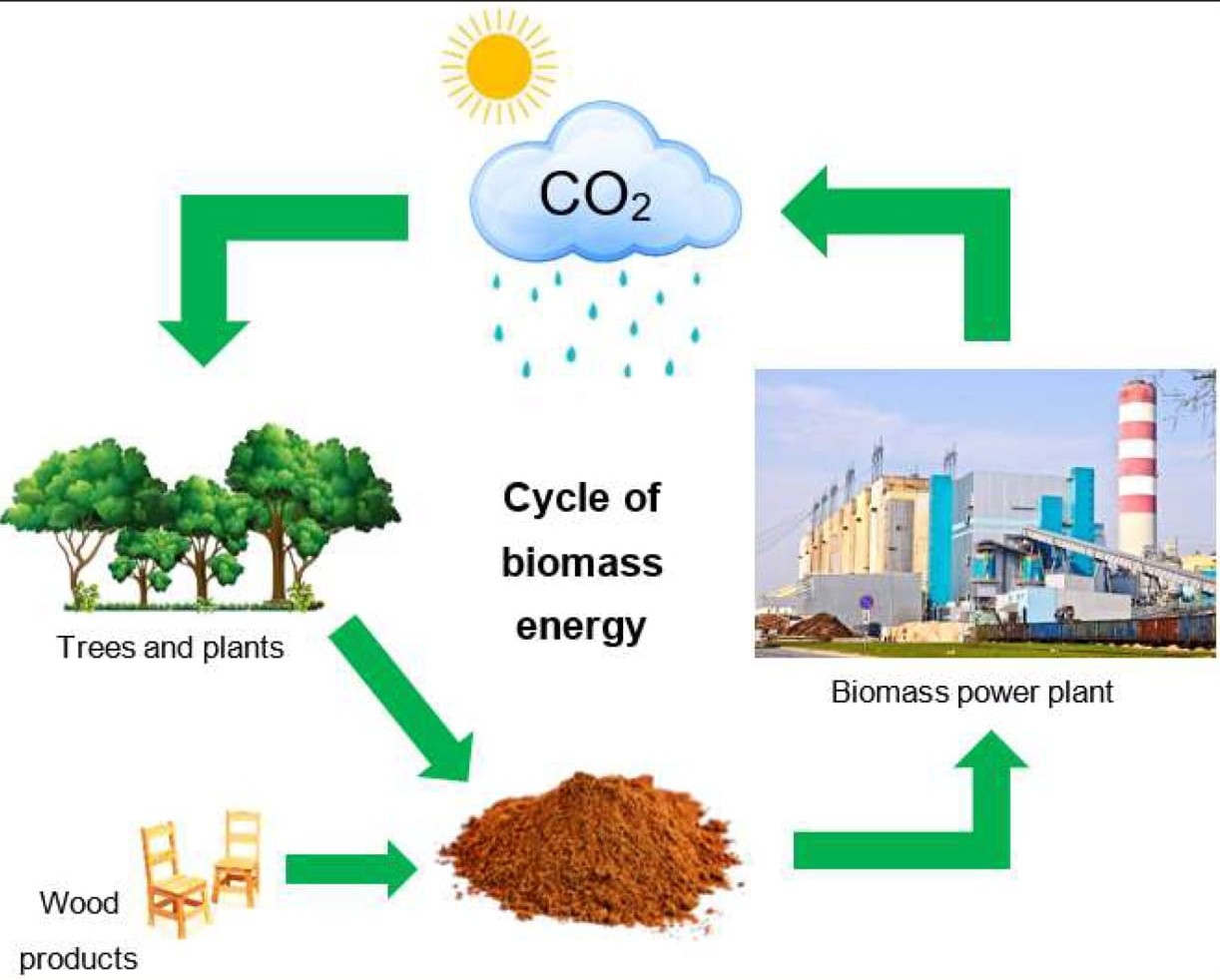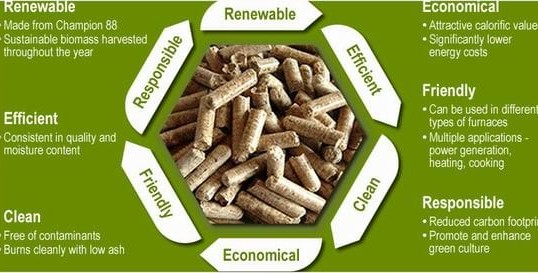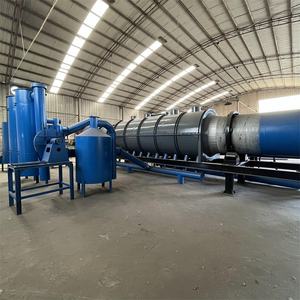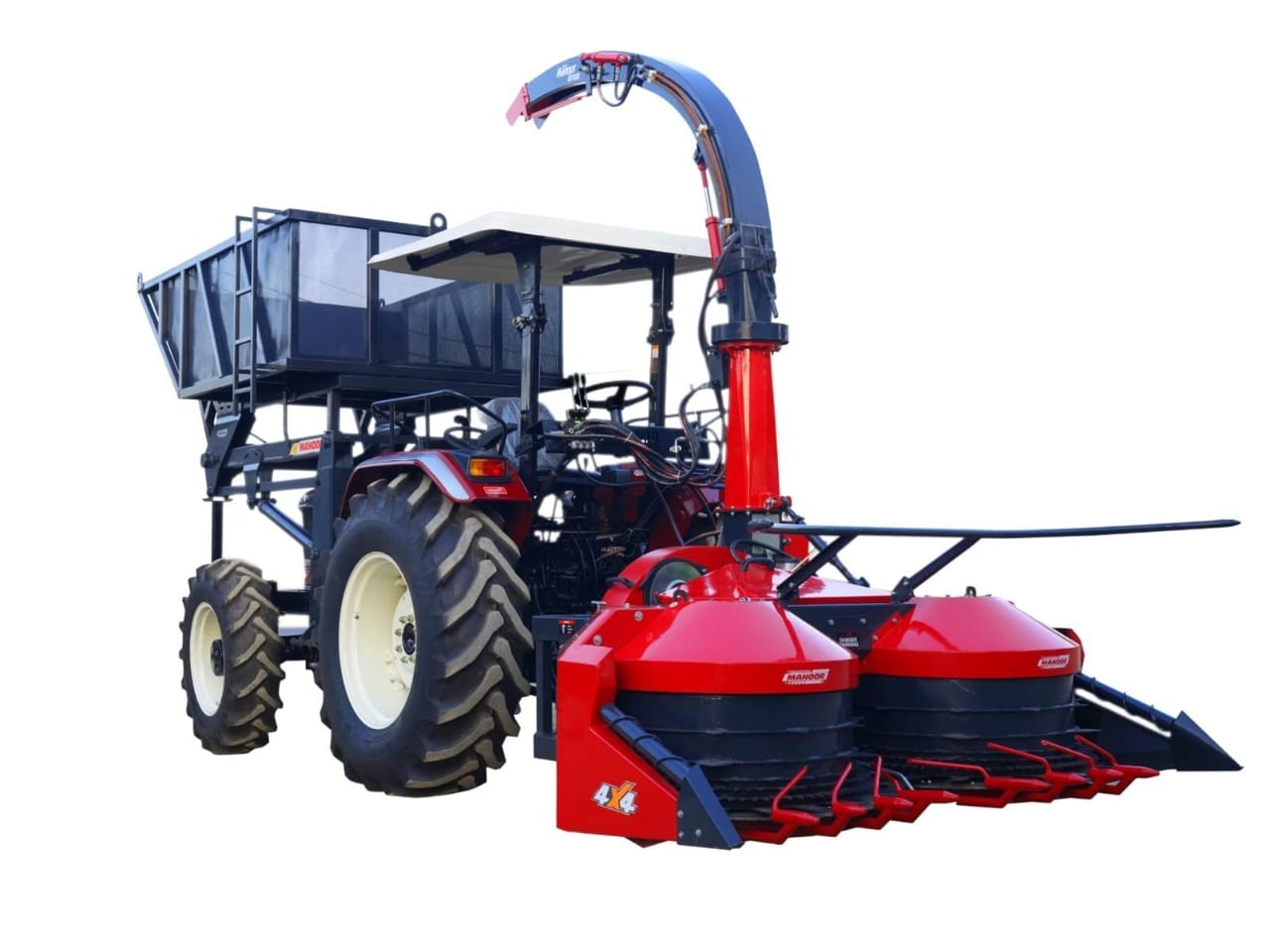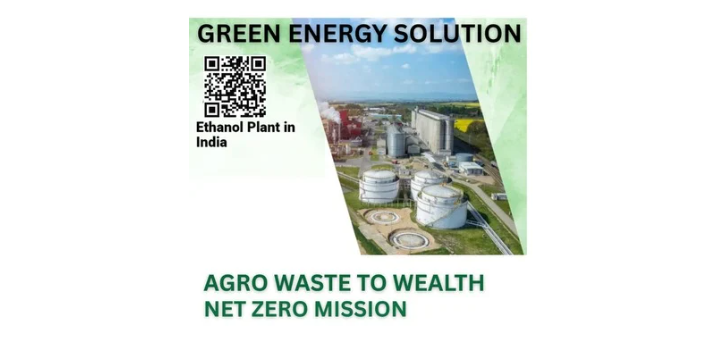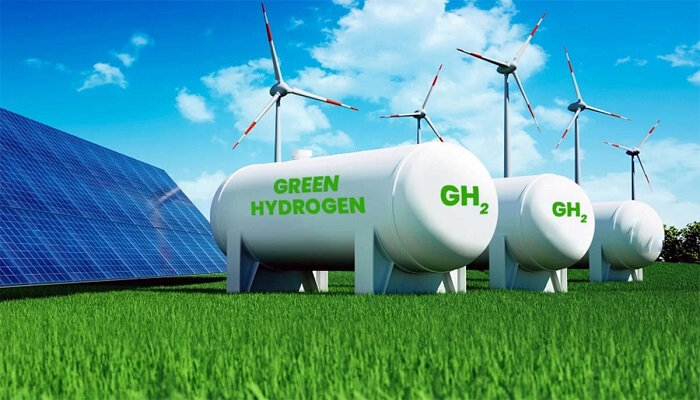Biomass Torrefaction Plant
Description
A biomass torrefaction plant is a facility that processes biomass (like wood or agricultural waste) into a high-energy, stable, coal-like fuel. This is achieved through a thermal process called torrefaction, which heats the biomass to \(200-300^{\circ }C\) in a low-oxygen environment to remove moisture and volatiles. The resulting "bio-coal" is water-resistant, has a higher energy density, and is suitable for co-firing in power plants or as a replacement for fossil fuels.
Key Benefits of Torrefied Biomass Pellets:
1. Higher Energy Density: Torrefied pellets deliver up to 30% more energy than traditional white pellets.
2. Hydrophobic Nature: Resistant to moisture, making them easier to store and transport.
3. Uniform Composition: Ideal for co-firing in coal power plants and industrial boilers.
4. Lower Transportation Costs: Higher energy per ton means more efficient logistics.
5. Carbon Neutral: Derived from renewable resources with a significantly lower carbon footprint.
